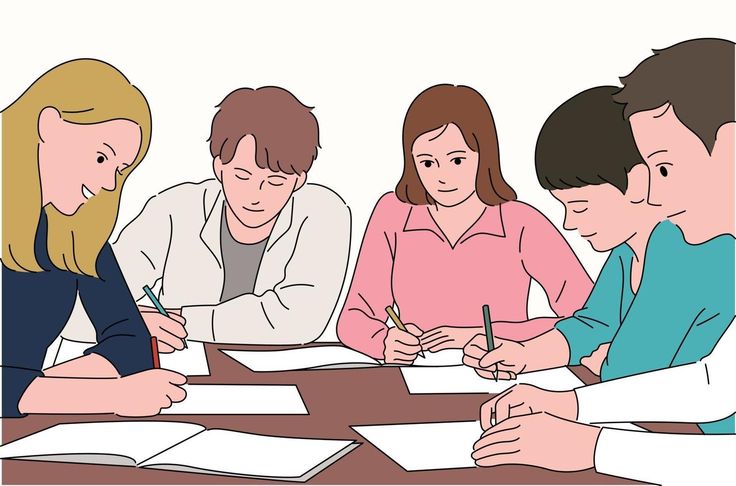Why Education is the Greatest Equalizer: Empowering the Next Generation.

Education is often referred to as the key to unlocking potential, and this couldn’t be truer when considering its ability to level the playing field for all individuals, regardless of their background, gender, or economic status. It is a universal truth that education has the power to uplift, transform, and provide opportunities that otherwise would be unreachable. In communities where resources are limited, education becomes the greatest equalizer, bridging gaps and providing pathways to brighter futures. The next generation, armed with knowledge and the skills to make informed decisions, has the potential to change not just their own lives but entire communities.
Across the world, millions of children in rural or impoverished regions do not have the privilege of access to quality education. The barriers to education in these areas are many: financial constraints, lack of infrastructure, societal norms that undervalue education, especially for girls, and an absence of trained teachers. These obstacles contribute to a cycle of poverty, where a lack of education perpetuates limited economic opportunities, which in turn results in poor health outcomes, low employment rates, and a lack of empowerment.
However, education can break this cycle. It’s not just about learning facts or figures—it’s about empowerment. When children are educated, they gain the confidence to challenge traditional norms, fight inequality, and make choices that will positively impact their futures. A well-educated individual is far more likely to secure a stable job, start a business, or contribute to their community in meaningful ways. They are equipped with the tools needed to adapt to an ever-changing world and contribute to the growth of their society.
Empowering the next generation through education means not just focusing on academic achievement but also instilling values of critical thinking, problem-solving, and social responsibility. It’s about creating a generation that’s not just skilled but compassionate, thoughtful, and ready to tackle the world’s challenges. Every child who learns how to read, write, and think critically becomes a potential leader, advocate, or changemaker. In this way, education doesn’t just open doors—it helps build the keys to open them.
When girls are educated, the transformation is even more profound. Education empowers women to make decisions about their own lives and their families. Studies show that educated women are more likely to have better health, better economic prospects, and higher rates of employment. Educated mothers are more likely to raise educated children, creating a ripple effect that benefits future generations. The empowerment of women and girls is one of the most effective ways to reduce poverty and improve living standards within a community.
The impact of education is also felt in the broader community. As individuals grow, they can share their knowledge, skills, and expertise with others. Education breeds innovation, helping communities solve problems in ways that were once unimaginable. It encourages collaboration, fosters understanding, and ignites a sense of social responsibility that extends beyond the classroom.
In many ways, education also offers the hope of sustainability. A society that is educated is better equipped to face challenges such as climate change, economic inequality, and health crises. Educated individuals are more likely to pursue sustainable practices, from supporting eco-friendly initiatives to advocating for better healthcare and governance systems. They can lead efforts to address local problems while connecting to global solutions, bridging gaps between different cultures, and uniting people from various walks of life.
Ultimately, education is not merely a tool for personal advancement—it is the foundation upon which a fair and just society is built. When every child has access to education, we move closer to a world where opportunities are available to all, and no one is left behind. This is why education is the greatest equalizer. It empowers the next generation to break free from the constraints of poverty, build stronger communities, and create a more equitable world.
The time has come for all of us to invest in education—not just as an abstract concept but as a vital lifeline to the future. Every effort to ensure that a child, regardless of where they live or the circumstances they face, receives an education is an investment in a better tomorrow. This is the power of education: the power to transform lives, communities, and the world.
